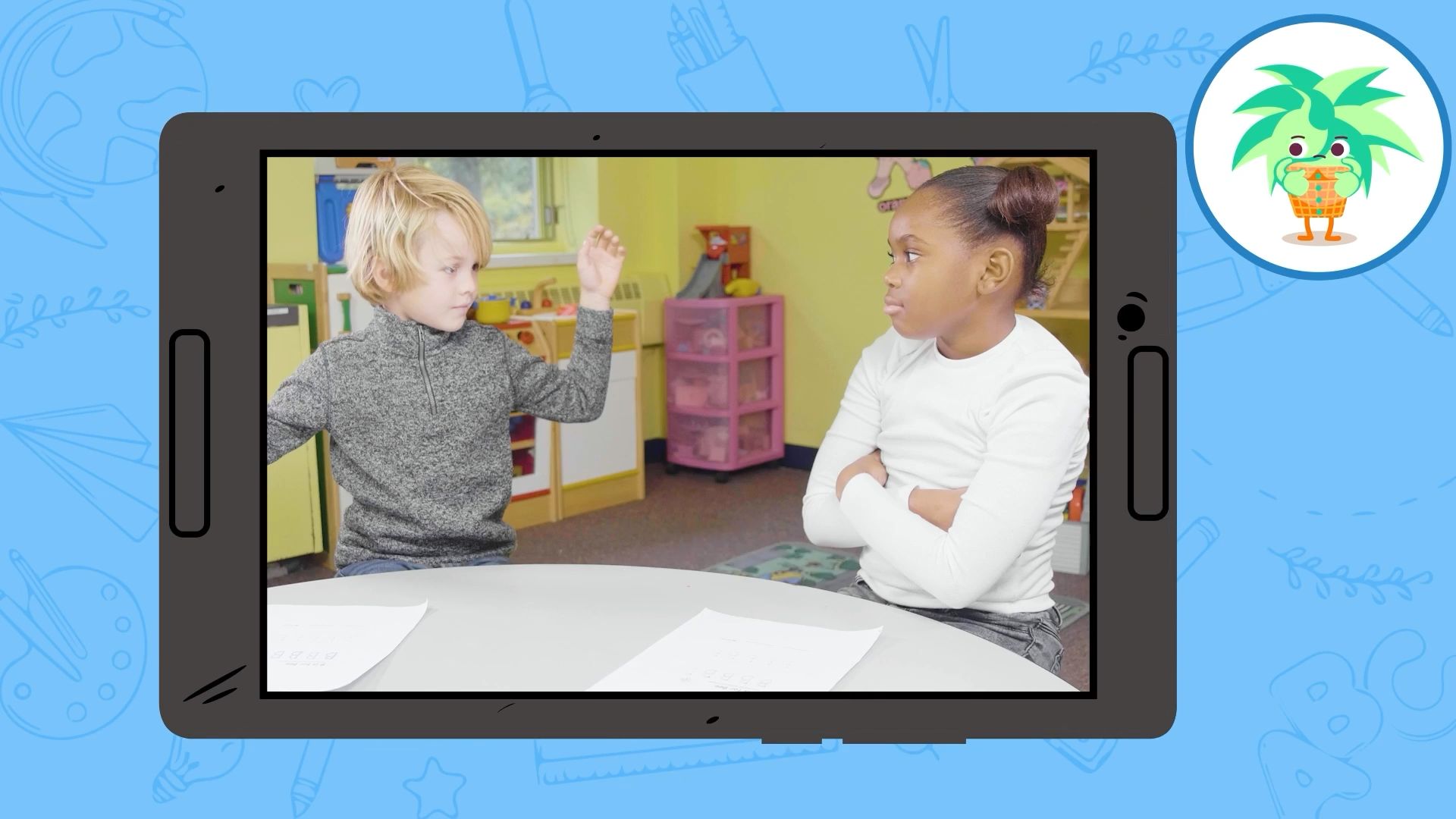Introduction
Staying calm when losing is an essential skill for students, particularly those in special education. Learning to handle disappointment and maintain composure in challenging situations will help them develop resilience and adapt to various social settings. In this blog post, we will discuss an easy-to-implement no-prep activity, thought-provoking discussion questions, and related skills to help your students learn to stay calm when losing.
No-Prep Activity
Role-play is an engaging and effective activity that requires no preparation or materials. In this activity, have your students pair up and take turns playing the roles of two friends participating in a game or competition. One student will play the role of the winner, and the other will play the role of the loser. The student playing the loser should practice staying calm and composed despite losing, using strategies such as taking deep breaths, counting to ten, or asking for a break. After a few minutes, have the students switch roles and repeat the activity. Encourage them to provide feedback to each other on their performance and suggest improvements for better handling disappointment.
Discussion Questions
- Why is it important to stay calm and composed when losing a game or competition?
- What strategies can you use to help you stay calm when you feel disappointed or upset?
- How does staying calm when losing affect the people around you and the overall atmosphere of the situation?
- Can you recall a time when you or someone you know stayed calm when losing? How did it make you feel?
- What are some challenges you might face when trying to stay calm, and how can you overcome them?
Related Skills
Teaching students to stay calm when losing is just one aspect of social-emotional learning. Here are some other related skills that can help students develop resilience and adaptability:
- Empathy: Understanding and sharing the feelings of others, which can help students become more compassionate and supportive in challenging situations.
- Active listening: Paying close attention to what others are saying, which can help students respond appropriately in social situations and build stronger relationships.
- Conflict resolution: Learning how to address disagreements and find mutually beneficial solutions, which can help students navigate challenging social situations.
- Self-awareness: Recognizing and understanding one’s emotions, strengths, and weaknesses, which can help students develop self-confidence and better manage their emotions.
Next Steps
Now that you have learned about teaching students to stay calm when losing, you may be interested in exploring additional social-emotional learning resources. We encourage you to sign up for free samples of skill-based materials and other helpful resources to support your students’ growth and development. With the right tools and strategies, you can help your students build a strong foundation for success in all areas of life.






